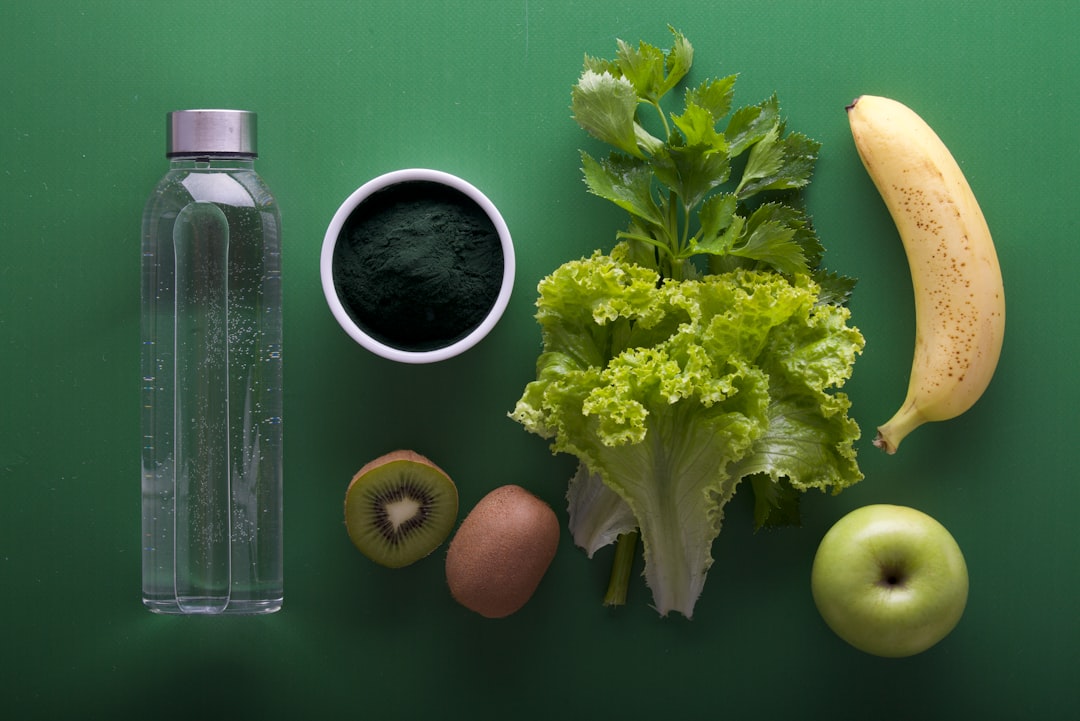The Science Behind Greens Supplements: Nutrition, Benefits, and Performance

Introduction
Greens supplements have surged in popularity, particularly among athletes and health-conscious individuals aiming to enhance performance, recovery, and overall wellness. These nutrient-dense powders contain concentrated extracts from vegetables, fruits, algae, and other superfoods, offering a convenient solution to meet daily micronutrient needs. This comprehensive guide delves into the scientific foundation behind greens supplements, exploring their nutritional value, physiological benefits, and impact on athletic performance, backed by peer-reviewed research.
What Are Greens Supplements?
Greens supplements are powdered blends formulated from a variety of plant-based ingredients such as spinach, kale, spirulina, chlorella, wheatgrass, and probiotics. These powders are designed to provide essential nutrients in an easily absorbable form, making them ideal for individuals with demanding lifestyles or intense training regimens.
Nutritional Composition:
-
Vitamins and Minerals: Greens powders are rich in vitamins C, E, K, and B-complex vitamins, which support immune function, energy metabolism, and bone health (Huang et al., 2018).
-
Antioxidants: High levels of polyphenols, carotenoids, and chlorophyll help neutralize free radicals generated during intense physical activity, reducing oxidative stress (Powers & Jackson, 2008).
-
Digestive Enzymes and Probiotics: Enzymes like bromelain and probiotics such as Lactobacillus aid in digestion and enhance gut health, which is critical for nutrient absorption (Ouwehand et al., 2002).
Key Benefits of Greens Supplements
Boosted Immunity: Studies show that regular intake of greens supplements can enhance immune function due to high levels of vitamin C and zinc, reducing the incidence of upper respiratory tract infections in athletes (Nieman et al., 1999).
Enhanced Energy Levels: B vitamins play a crucial role in converting carbohydrates into energy, while chlorophyll has been linked to improved oxygen transport and aerobic capacity (Gorissen et al., 2018).
Improved Recovery: Antioxidants like quercetin and curcumin found in greens supplements reduce muscle damage and inflammation post-exercise, accelerating recovery time (Davis et al., 2010).
Gut Health Support: Probiotics in greens powders support a healthy gut microbiome, which is essential for effective nutrient absorption, energy production, and immune defense (Sanders et al., 2013).
Training and Performance Benefits
Nutrient Density: Greens supplements provide a broad spectrum of micronutrients that support muscle function, cognitive clarity, and overall performance, especially during periods of caloric restriction or intense training (Maughan et al., 2018).
Reduced Inflammation: Chronic inflammation is a concern for athletes. Regular consumption of greens supplements rich in anti-inflammatory compounds like sulforaphane from broccoli sprouts helps reduce systemic inflammation and joint pain (Fahey et al., 2012).
Detoxification: Chlorella, a common ingredient in greens powders, binds to heavy metals and facilitates their excretion, supporting liver function and overall detoxification (Queiroz et al., 2018).
Nutrition for Athletes Using Greens Supplements
Daily Integration: Incorporating greens supplements into daily meals, such as smoothies, oatmeal, or protein shakes, ensures consistent nutrient intake without the hassle of meal prepping (Slavin & Lloyd, 2012).
Macronutrient Balance: While greens supplements provide essential micronutrients, pairing them with macronutrients like protein and healthy fats is vital for sustained energy, muscle repair, and hormonal balance (Phillips et al., 2016).
Hydration and Electrolytes: Many greens powders contain electrolytes such as potassium, magnesium, and calcium, which are crucial for maintaining hydration, nerve function, and muscle contractions during prolonged exercise (Sawka et al., 2007).
Supplementation Strategies
Pre-Workout: Consuming greens supplements before training can provide a steady release of energy, enhance mental focus, and reduce exercise-induced oxidative stress (Caldwell et al., 2016).
Post-Workout: Post-exercise consumption helps reduce muscle soreness, replenish depleted nutrients, and accelerate recovery due to their anti-inflammatory and antioxidant properties (Dreher, 2018).
Daily Maintenance: Regular intake of greens supplements supports long-term health by providing consistent nutritional support, enhancing immune defense, and promoting gut health (Marco et al., 2017).
Recovery and Longevity
Muscle Recovery: The anti-inflammatory compounds in greens supplements, such as flavonoids and polyphenols, help reduce muscle damage and promote faster recovery, essential for athletes training multiple times per week (Harty et al., 2019).
Stress Reduction: Adaptogenic herbs like ashwagandha and rhodiola found in some greens supplements help modulate cortisol levels, reducing stress and improving overall well-being (Lopresti et al., 2019).
Longevity Benefits: Regular consumption of greens supplements supports cellular health, reduces oxidative stress, and enhances metabolic efficiency, contributing to a longer, healthier life (Ames, 2006).
Conclusion
Greens supplements offer a scientifically-backed solution for enhancing athletic performance, recovery, and overall health. Incorporate Fathom Nutrition’s Greens Powder into your daily routine for nutrient-rich support designed to fuel your active lifestyle and peak performance goals.
References:
-
Ames, B. N. (2006). Prolonging healthy aging: Longevity vitamins and proteins. Proceedings of the National Academy of Sciences.
-
Caldwell, J. T., et al. (2016). The role of plant-based nutrients in exercise performance and recovery. Nutrients.
-
Davis, J. M., et al. (2010). Quercetin reduces susceptibility to influenza infection following stressful exercise. American Journal of Physiology.
-
Fahey, J. W., et al. (2012). Sulforaphane: Translational medicine from lab bench to clinical trials. Nutrition Reviews.
-
Gorissen, S. H., et al. (2018). Protein quality in sports nutrition. Sports Medicine.
-
Harty, P. S., et al. (2019). Nutritional strategies for muscle recovery. Journal of the International Society of Sports Nutrition.
-
Nieman, D. C., et al. (1999). Immune response to exercise. Medicine & Science in Sports & Exercise.
-
Queiroz, M. L., et al. (2018). Chlorella as a detoxifying agent. Food and Chemical Toxicology.
-
Sanders, M. E., et al. (2013). Probiotics in athletes. International Journal of Sport Nutrition.
-
Slavin, J. L., & Lloyd, B. (2012). Health benefits of fruits and vegetables. Advances in Nutrition.












